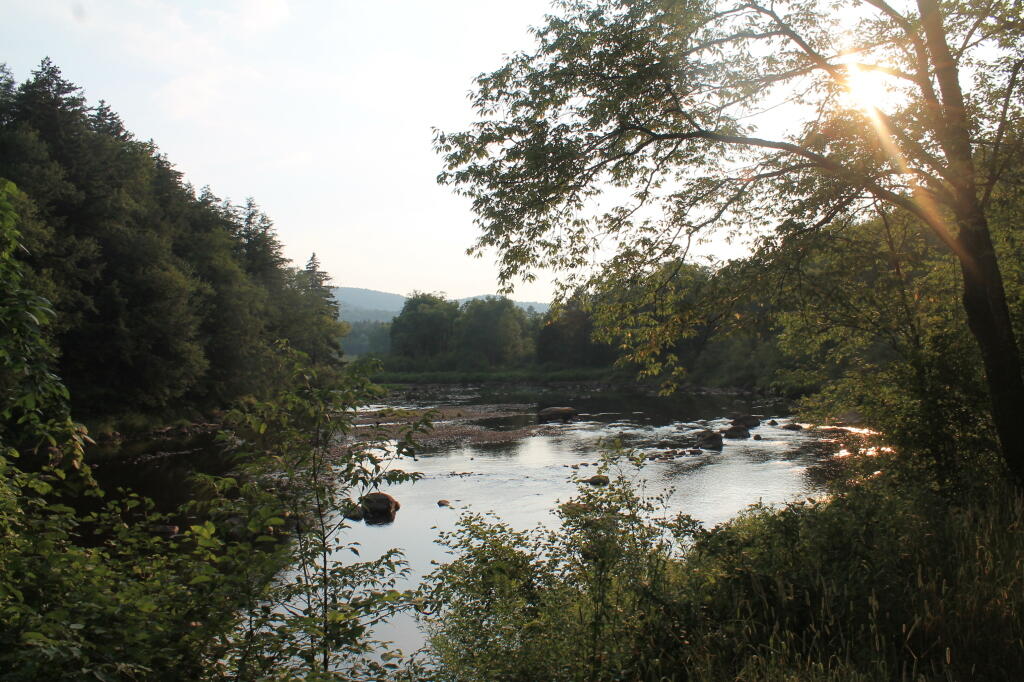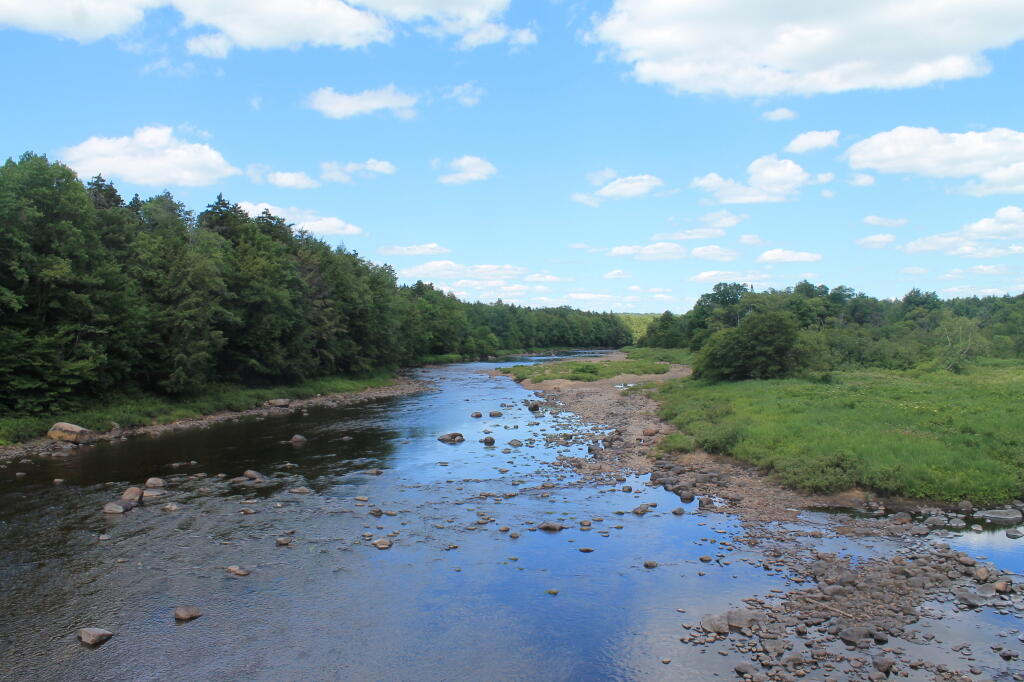UPDATED Interagency Statement: USGS and Partners Continue Investigating DC Area Bird Mortality Event
USGS and Partners Continue Investigating DC Area Bird Mortality Event
In late May, wildlife managers in Washington D.C., Maryland, Virginia, West Virginia and Kentucky began receiving reports of sick and dying birds with eye swelling and crusty discharge, as well as neurological signs. More recently, additional reports have been received from Delaware, New Jersey, Pennsylvania, Ohio and Indiana. While the majority of affected birds are reported to be fledgling common grackles, blue jays, European starlings and American robins, other species of songbirds have been reported as well. No definitive cause(s) of illness or death have been determined at this time. No human health or domestic livestock and poultry issues have been reported.
The natural resource management agencies in the affected states and the District of Columbia, along with the National Park Service, are continuing to work with diagnostic laboratories to investigate the cause(s) of this event. Those laboratories include the USGS National Wildlife Health Center, the University of Georgia Southeastern Cooperative Wildlife Disease Study, the University of Pennsylvania Wildlife Futures Program and the Indiana Animal Disease Diagnostic Laboratory.
The following pathogens have not been detected in any birds tested, based on results received to date: Salmonella and Chlamydia (bacterial pathogens); avian influenza virus; West Nile virus and other flaviviruses; Newcastle disease virus and other paramyxoviruses; herpesviruses and poxviruses; and Trichomonas parasites. Transmission electron microscopy and additional diagnostic tests, including microbiology, virology, parasitology and toxicology, are ongoing.

